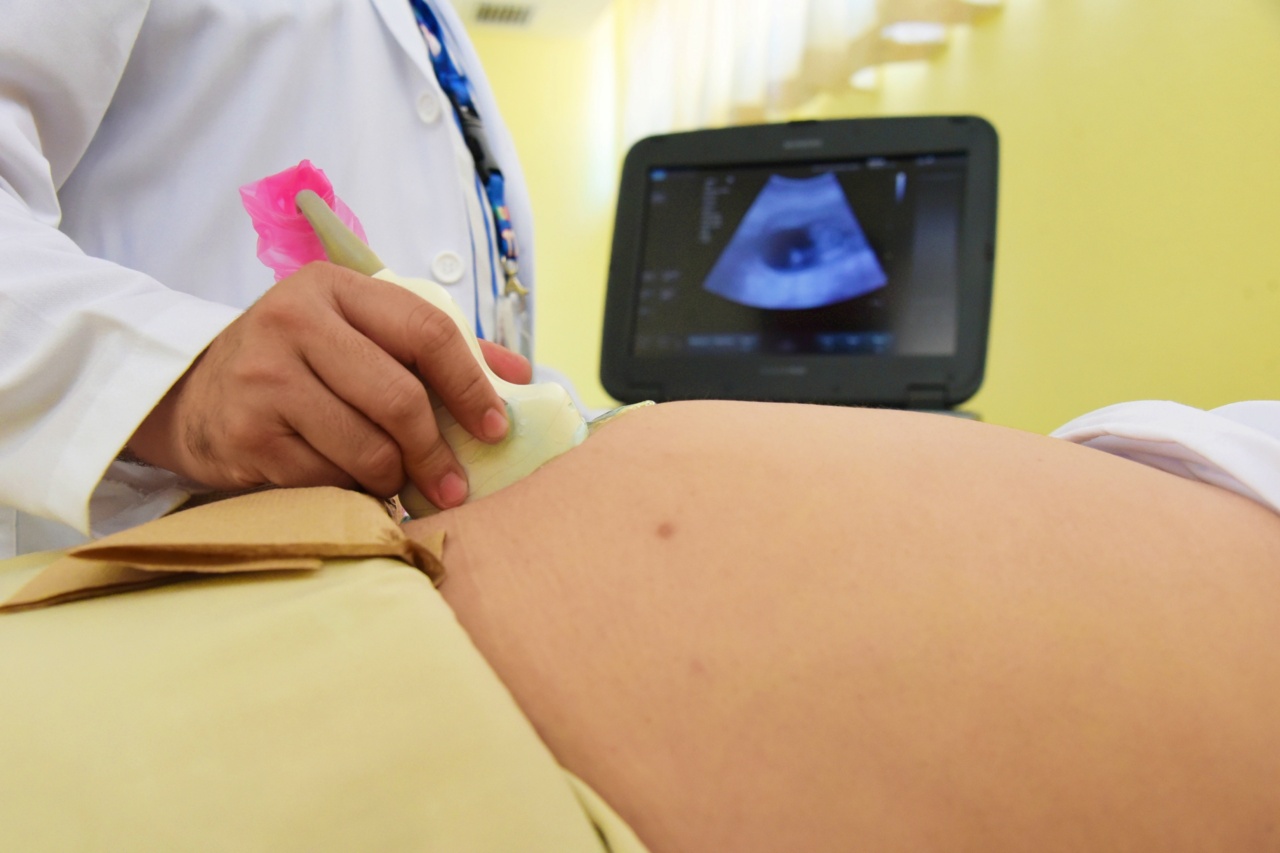Stomach flu, also known as viral gastroenteritis, is a common illness that affects the stomach and intestines. It is caused by a virus, typically the norovirus, and is highly contagious.
Stomach flu can be passed from person to person through close contact, contaminated food or water, or touching objects that have been contaminated with the virus.
Causes of Stomach Flu
As mentioned earlier, the most common cause of stomach flu is the norovirus. However, other viruses can also cause gastroenteritis, including rotavirus, adenovirus, and astrovirus.
These viruses are highly contagious and can easily spread through contact with an infected person or contaminated surfaces.
In addition to viruses, bacteria such as Salmonella and E. coli can also cause gastroenteritis. These bacteria are often found in contaminated food or water and can cause severe illness with symptoms similar to those of stomach flu.
Symptoms of Stomach Flu
The symptoms of stomach flu usually appear within one to three days after exposure to the virus or bacteria. The most common symptoms include:.
- Abdominal cramps
- Nausea and vomiting
- Diarrhea
- Fever
- Headache
- Muscle aches
- Fatigue
These symptoms can last anywhere from a few days to a week. In some cases, people can experience severe dehydration due to vomiting and diarrhea, which can be especially dangerous for children and older adults.
Preventing Stomach Flu
The best way to prevent stomach flu is to practice good hygiene. This includes washing your hands frequently with soap and water, especially after using the bathroom or before preparing food.
It is also important to avoid sharing personal items such as towels, utensils, and cups with others.
In addition, it is important to properly handle and prepare food to prevent the spread of bacterial infections such as Salmonella and E. coli.
Make sure to cook meat and poultry thoroughly, wash fruits and vegetables before eating, and avoid eating raw or undercooked seafood.
Treatment for Stomach Flu
There is no specific cure for stomach flu, but there are several things you can do to alleviate the symptoms and feel better. These include:.
- Drinking plenty of fluids to prevent dehydration
- Resting and avoiding strenuous activities
- Taking pain relievers such as ibuprofen or acetaminophen for muscle aches and fever
- Eating small, frequent meals that are easy to digest, such as rice, bananas, and toast
- Avoiding dairy products, caffeine, alcohol, and spicy or fatty foods, which can irritate the stomach
In some cases, your doctor may prescribe antidiarrheal medication or antibiotics to treat bacterial infections that cause stomach flu.
However, these medications should only be used under the direction of a healthcare professional and may not be effective against viral infections.
When to See a Doctor
In most cases, stomach flu will resolve on its own within a few days to a week. However, it is important to see a doctor if you experience any of the following symptoms:.
- Severe abdominal pain
- High fever
- Bloody diarrhea
- Signs of dehydration, such as dry mouth, decreased urine output, or dizziness
If you have a weakened immune system or are pregnant, it is also important to seek medical attention if you experience symptoms of stomach flu.
Conclusion
Stomach flu is a common illness that can be caused by a variety of viruses and bacteria. Symptoms include abdominal cramps, nausea and vomiting, diarrhea, fever, headache, muscle aches, and fatigue.
The best way to prevent stomach flu is to practice good hygiene and food safety. There is no specific cure for stomach flu, but symptoms can be treated with hydration, rest, pain relievers, and easy-to-digest foods. If you experience severe symptoms or signs of dehydration, it is important to seek medical attention.





























